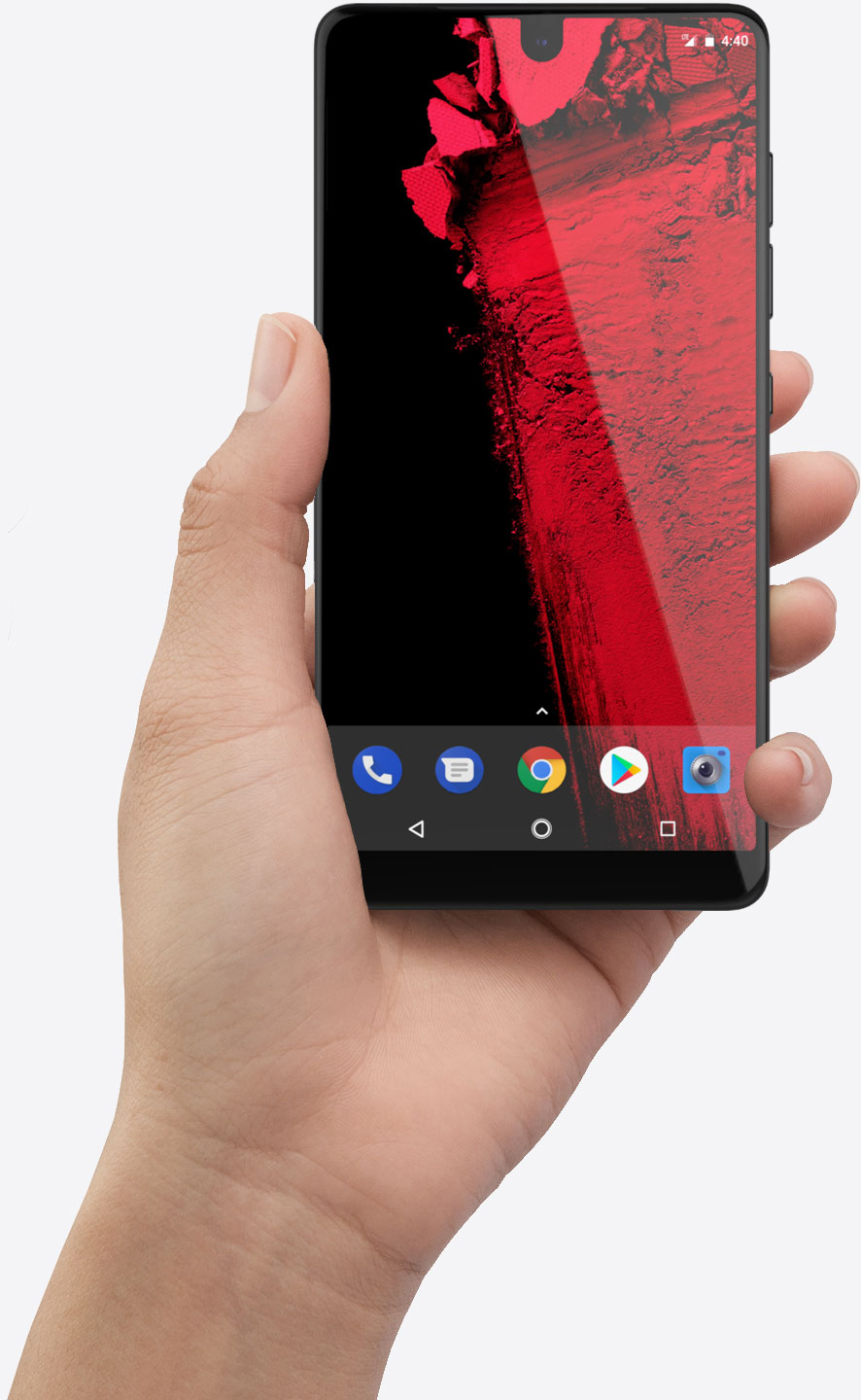iPhone's Most Hated Feature has Become a New Trend for 2018
posted Saturday Mar 3, 2018 by Scott Ertz

The most distinguishable feature of Apple's iPhone X was not the one they had hoped. Rather than the "all screen" design, which is definitely a wishful thinking marketing campaign, the most noticeable feature is the notch at the top of the screen. This design element makes the screen look bizarre and makes the OS strange to use. It is also the phone's most hated feature.
Whether you are a user or a developer, no one seems to like the notch. The idea is fairly obvious: use as much of the body of the device as possible, while still maintaining the front-facing camera, speaker and Face ID sensor. The problem, of course, is that it makes the phone work in a way that no one would expect. If a wireless network's name is longer than a few characters, the name no longer displays normally, but instead scrolls constantly. The behavior of apps is also wildly changed, with all apps having to be rebuilt to support the unnecessary design idea.
Of course, Apple didn't create the notch; that distinction goes to the Essential phone, though they took it in a different direction. The notch there was as small as possible, only surrounding the camera.
Somehow, however, this idea that consumers seem to hate is catching on with other hardware vendors. At Mobile World Congress, a number of phones were spotted looking similar, if not identical, to the iPhone X, notch and all. Of course some small companies were going to make knock-offs, but it was the big companies that were surprising. For example, the announcement of the Asus Zenfone 5 showed that Android users and developers were about the face the same annoyance that Apple owners and devs have. In addition, Huawei and LG also have devices sporting the notch.
As this manufactured "trend" increases, there are some important things to know for owners. The most important is that apps are not going to work on these phones. It is a guarantee that information will be lost or, in some cases, the apps will simply fail. The likelihood is that the big Android developers, like Microsoft and Facebook, will deal with these issues quickly (they were some of the first to support the iPhone notch), but most developers will never try. That's because there are already too many different types of phone hardware to support that creating a whole new UI concept to support some smaller phones is not in their budget.
Apple has the ability to force developers to follow certain hardware-specific rules, but Google does not have that same power, because they do not control the ecosystem. It is one of the long-running issues for Android: version inconsistencies, hardware diversity and API variations. These things are also what make Android so powerful in the market, but Google has gotten itself into the same situation that Microsoft has been in for decades, but this time Apple has affected them in a negative way. The notch could certainly cause issues across the Android landscape.


